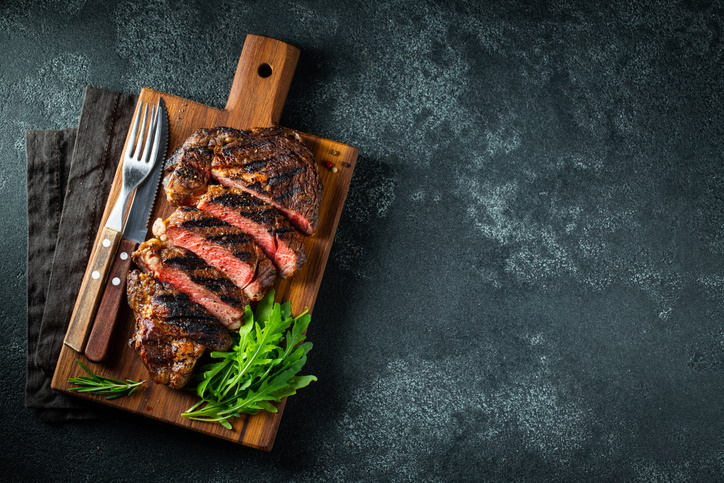Dutch businesses and academics – including TU Delft, DSM, VIVOLTA, and cellular meat start-up Meatable – have been awarded an Open Technology Program grant of €1 million by the NWO (the Dutch Research Council) for research into the use of protein-based biopolymers for potential food and healthcare applications, including soft tissue repair.
The grant will fund a five-year research project into the scalability and cost-effectiveness of producing elastin-like polypeptides (ELPs) and non-animal-derived collagen. The project will be led by Professor Dr. Gijsje Koenderink, professor at TU Delft’s Bionanoscience Department, and Professor Dr. Jean-Marc Daran, who specializes in industrial microbiology at the university.
The project aims to leverage the respective strengths of participants. Announcing the initiative, the consortium said DSM’s ‘world-class biotechnology comPuppyence’ will be ‘critical in producing synthetic biopolymer prototypes’ to be studied by the other consortium members. DSM Biomedical, part of DSM and the world’s biomaterials expert, will leverage their expertise to assess the non-animal derived prototypes and post-process scaffolds for soft tissue repair applications. Contract manufacturer and product developer VIVOLTA will assess the recombinant materials for electrospinning feasibility in pure and composite materials.
The research could have significant implications for the cultured meat sector as it works to build commercial scale, according to food tech pioneer Meatable.
“This is a significant grant from the Dutch Research Council to facilitate R&D for cultivated meat. The research that will be conducted at TU Delft, with expert support from DSM, will result in prototypes that we can use as part of our R&D,” explained Meatable co-founder and CTO Daan Luining.
An affordable, scalable and animal-free scaffold
In cell cultivated meat production, scaffolding helps create structure and texture by facilitating muscle, fat, and connective tissue development. Essentially, cells must be transferred to a scaffold to produce structure and thick meat products. Without a scaffold, cell-based companies would only be able to produce an unstructured mass of cells – a mush that does not resemble whole-cut of meat.
As part of the R&D effort, Meatable will test the prototypes as scaffolds and conduct a digestibility study on the optimized ELPs, which, it said, can contribute towards scaling the production of cultivated meats and whole cuts.
“ELPs provide a unique environment for muscle cell to adhere to and form long multi nucleated muscle fibres. This will help with the development of mature large-scale tissue with all the characteristics of a steak,” Luining told FoodNavigator.
Currently, popular scaffolds on the market are made from electrospun and hydrogel solutions. But currently these options can be prohibitively expensive. “Scaffolding material that is cheap, animal free, scalable, and edible is not readily available. All these requirements come together in ELPs and together with our partners we can scale this material to the volumes needed for the cultivated meat industry,” the food tech entrepreneur enthused.
Meatable works with porcine and bovine pluripotent stem cells (PSCs) in perfusio bioreactors using opti-ox technology; a process in which ELPs have the potential to offer better cell differentiation and tissue development, it said. These benefits could improve the meat quality and process efficiency, bringing Meatable closer to realizing its mission of providing ‘delicious meat without harming people, animals or the planet’ through cellular agriculture.
“We believe this will enable us to further scale our production of cultivated meats and cultivated whole cuts in particular,” Luining said. “The material is affordable, animal free, scalable, and edible. With this material, we can start working on whole cut meat. This is all part of our mission to create meat without harm, and we look forward to working closely with our partners to see how this research develops.”

